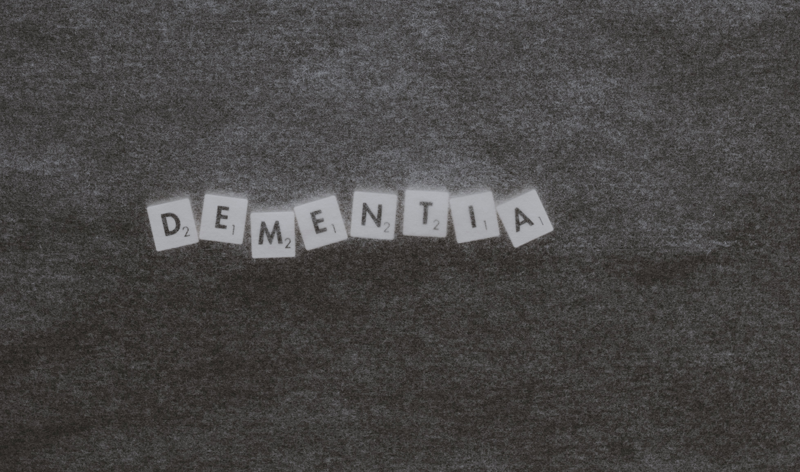Leisure activities can help lower dementia risk, researchers find
Aug 19, 2022
Peking University, August 19, 2022: Dementia, a general term for loss of memory, language, problem-solving and other thinking abilities, has long been the focal point for medical research. As the disease can severely interfere with patients’ daily function, researchers have been hunting for measures that can reduce its risk.
Recently, a team of experts from Peking University Sixth Hospital, National Institute on Drug Dependence, and Peking-Tsinghua Center for Life Sciences, has shed new light on dementia risk reduction research. They have found that cognitive, physical and social activities—such as reading, playing sport, and volunteering—are “inversely associated” with the risk of all-cause dementia (ACD), Alzheimer’s disease (AD), and vascular dementia (VD).
The research, which was published in Neurology on August 10 with the title “Leisure Activities and the Risk of Dementia: A Systematic Review and Meta-Analysis”, has reviewed a total of 38 studies that included over two million participants.
According to the open access article, participants who were engaging in cognitive, physical, and social activities on a regular basis respectively had a 23%, 17%, and 7% lower risk of dementia.
“Previous studies have shown that leisure activities were associated with various health benefits, such as a lower cancer risk, a reduction of atrial fibrillation…However, there is conflicting evidence of the role of leisure activities in the prevention of dementia,” wrote Professor Lu Lin at Peking University Sixth Hospital, who is one of the study’s authors, in a news release from the American Academy of Neurology, “Our research found that leisure activities like making crafts, playing sports or volunteering were linked to a reduced risk of dementia.”
“This meta-analysis suggests that being active has benefits, and there are plenty of activities that are easy to incorporate into daily life that may be beneficial to the brain,” Professor Lu added.
Source: Peking University Sixth Hospital
Cover Photo: Unsplash.com

